Roland Barthes тип личности MBTI
Личность
"Какой тип личности является Roland Barthes? Roland Barthes - это тип личности INFP в mbti, 5w4 - sx/sp - в Enneagram, RLUEI в Big 5, ILI в Socionics."
I know it's not the most accurate way to type someone but have you ever read an actual text of him? It's embedded with his deep, shrugged insights, and sure, significantly traits of a perceiver, regarded the actual dubious connotations. While you might sorta Ne and Si, his acute sense of down-to-earthness in contrast to his own subjective impressions hits more of a well developed Fi paired with inf Te. It's mesmerising the in-depth analysis he puts in every single essay, but that's without a doubt inwardly driven, just to mention, his publish over the nature of the photography. This fine man was pretty sensitive to remarks that went against his principled ideals (L). Ever heard of the famous contender he had at Sourbonne with Pêcheux et al? They disagreed whether the discours was based on narratives or the oppositive. He believed on the former blindly, was sure it was the truth. Very imagetic (Ni hero), as I said in other words, capable of combining seemingly opposite phenomena into a single compositum, most of his writings were sparsely written (U). Apparently had some complexes in regards of his maternal mother, whom he nurtured some love fixation. It is suspected he killed himself, despite being claimed by the van accident, his death. P.S. Pêcheux's whereabouts are still unknown to this very day, his dead body.
биография
Roland Gérard Barthes (/bɑːrt/;[3] French: [ʁɔlɑ̃ baʁt]; 12 November 1915 – 26 March 1980[4]) was a French literary theorist, philosopher, critic, and semiotician. Barthes' ideas explored a diverse range of fields and he influenced the development of many schools of theory, including structuralism, semiotics, social theory, design theory, anthropology, and post-structuralism. He was particularly known for developing and extending the field of semiotics through the analysis of a variety of sign systems mainly derived from middle to upper class, occidental popular culture.[5]
Личность correlate
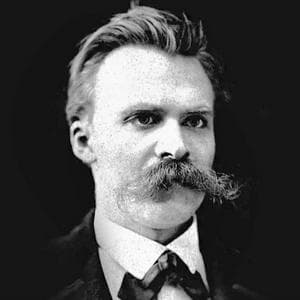
Friedrich Nietzsche
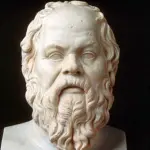
Socrates

Arthur Schopenhauer
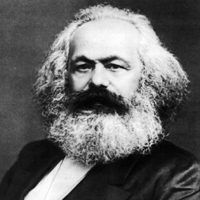
Karl Marx

Albert Camus

Immanuel Kant
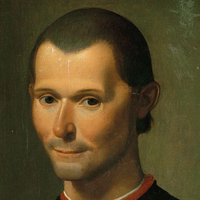
Niccolò Machiavelli
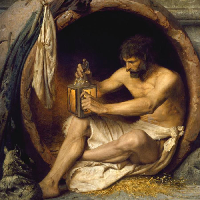
Diogenes







